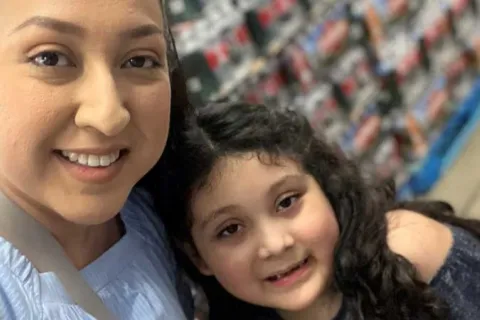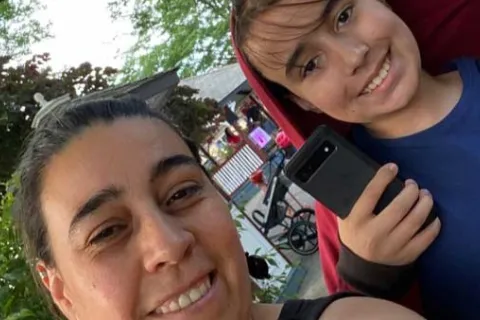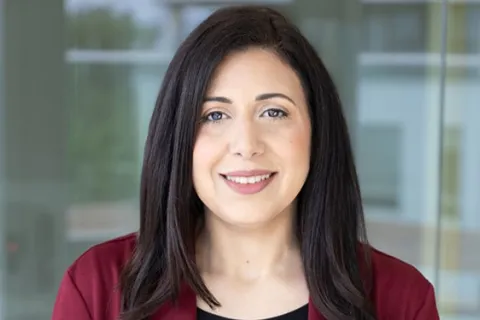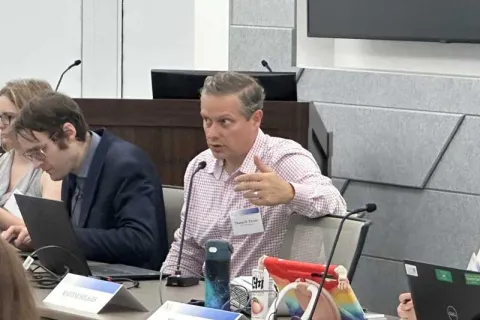WHO Caregiver Skills Training shows promising results in Italy
November 23, 2021A new study published this October in the Journal of Autism and Developmental Disorders offers evidence that the World Health Organization (WHO) Caregiver Skills Training (CST) program can help parents improve their skills and engage with their autistic children.
Researchers recruited the parents of 86 autistic children between 24 and 60 months of age in the Piedmont region of Northern Italy to participate in the CST program through a public outpatient child neuropsychiatry facility.
Consisting of 12 sessions, including three home visits and nine group training sessions, the CST program aims to help parents and caregivers of children with autism spectrum disorder (ASD) develop the day-to-day skills they need to better engage with their children. Through modeling, coaching and group discussions, caregivers were taught to play, communicate, establish and maintain shared routines, and embrace positive parenting strategies.
This program fills a critical need because children diagnosed with ASD often struggle to connect with others and are less likely to recognize and participate in attempts to communicate, play and share interests. The lack of consistent engagement with a communicative partner reduces autistic children’s ability to develop needed communication skills, emotional regulation and daily living skills.
Overall, the analysis of the CST program showed positive results. Attendance levels were high, with 84% of parents completing at least 75% of the sessions. The vast majority of parents and caregivers reported high levels of satisfaction with the program, stating that they found it relevant and that the program adequately prepared them to continue the interventions at home.
Additionally, results measured three months after the final session of the CST program found that the training resulted in several improvements to parent-child interactions. Parents significantly improved their ability to support interactions with their children by “scaffolding” (or guiding) their children’s behavior, maintaining a shared focus and encouraging positive communication. There was also significant improvement in the flow of free play, with parents and children showing greater connectedness and reciprocity in their interactions.
The analysis also found an increase in parental self-efficacy, meaning that parents felt more confident in their ability to care for their child, as well as reduced parental stress and anxiety. In focus groups and interviews, parents reported improvements in their children’s behavior and communication, as well as greater feelings of connection and understanding between them and their child.
While more research on the CST program is needed, this study shows that it is a promising approach that has the potential to improve health outcomes by enhancing the way that parents interact with their autistic children. It offers an interesting alternative to clinical interventions that could bridge the treatment gap for those with limited access to needed therapies and services.








